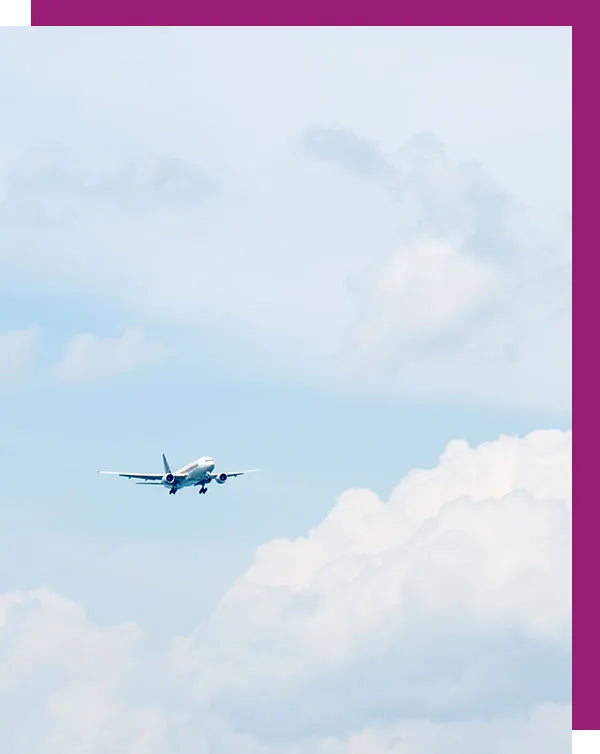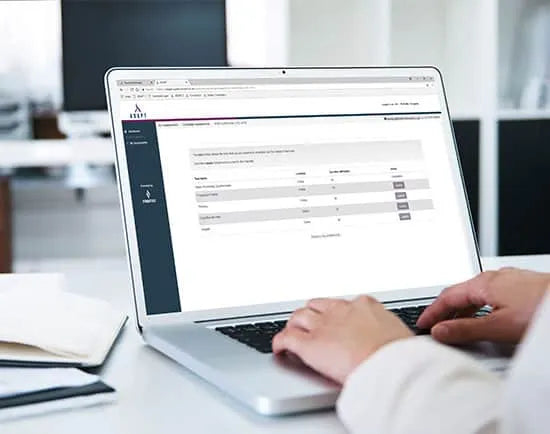EASA.CAT.GEN.MPA.175(b)
What does the new EASA psychological assessment regulation mean for airlines?
EASA.CAT.GEN.MPA.175 is a regulation set by EASA that has been in effect since 14th February 2021. The regulation calls for airlines to ensure all Pilots receive a psychometric evaluation within 24 months of employment and in advance of commencing line flying. This evaluation must be overseen by a psychologist with at least 3 years' aviation experience and with expertise in psychological assessment. The regulation lays out what should be tested, the timescale and who should be involved in the testing.
What does EASA.CAT.GEN.MPA.175(b) mean for pilot recruitment?
Airlines and commercial air operators will need to conduct pre-employment psychological assessment of Pilots as part of their hiring processes. Airlines need to document the procedures followed, the personnel involved, the assessment criteria and instruments used in the assessment, and the validity period.
Airlines will need to conduct a psychological assessment of pilots covering at least the four key assessment criteria identified by EASA that pilots must be assessed against in order to be compliant with the new regulation. These are i) Cognitive Abilities, ii) Personality Traits, iii) Operational & Professional Competencies and iv) Social Competencies in accordance with Crew Management Principles.
IATA's Guidance Material and Best Practices in pilot aptitude testing details five measured dimensions which can be used to assess the key criteria set by EASA in the regulation.

Free webinar
Download a free webinar bringing together industry experts in their fields to address what is required to become fully compliant with the new regulation.
How can Symbiotics help you become EASA.CAT.GEN.MPA.175(b) compliant?
Symbiotics support commercial air operators by providing an online test battery for the recruitment of direct entry pilot candidates that complies with the new regulation for Pilot Psychological Assessment. We recommend the following test battery aligned to IATA ‘Guidance Material and Best Practices for Pilot Aptitude Testing'.
Our Personality Questionnaire (PQ) is widely used within the aviation sector, and includes traits that are specific to this sector, such as Hazardous Attitudes, in addition to the general traits of the Big Five Factor personality measures.
This questionnaire is designed to identify a candidate's decision-making and communication skills in response to various situations.
This test assesses a candidate's multitasking, learning, cognitive, situational awareness and physical skills.
A range of aptitude tests that are designed to measure an individual's cognitive abilities in numerical reasoning, perception speed and accuracy, verbal reasoning, spatial reasoning, working memory and abstract reasoning.
To find out more on how these tests map onto IATA pilot competences and measuring dimensions please read our response document found here.
Who needs to conduct the Assessment?
To be compliant with EASA.CAT.GEN.MPA.175(b) the assessment will have to be validated and either directly performed by, or overseen by, a psychologist. This psychologist should fit the following criteria:
(This may vary depending on the country you are based in, but the following is a good starting point)
Symbiotics’ Psychology team includes a blend of experienced selection and assessment specialists, interviewers and assessors, EAAP registered Aviation Psychologists and individuals with Human Factors, behaviour and performance knowledge, with a strong aviation background and focus. Our senior team all hold a minimum of three years’ experience in the aviation sector and have completed TUO-A and TUO-P. The team is led by our Principal Occupational Psychologist who is a Chartered Occupational Psychologist, registered with HCPC, an Associate Fellow of the British Psychological Society, an Associate Member of the European Association of Aviation Psychologists, a Member of the Royal Aeronautical Society, and holds the highest level of assessment accreditation in the UK, the BPS Specialist in Test Use, Occupational certificate.
What is ADAPT?
ADAPT is our online assessment and reporting platform that delivers our psychometric and aptitude tests to candidates and provides oversight, reports and management to clients.
Candidates undertake each test of the assessment one at a time and if required this can be over several sessions. Once the candidate has completed the assessment, ADAPT provides a comprehensive consolidated output report in English. Results are also available to download as a spreadsheet from ADAPT, to provide data summaries for all candidates.

Additional EASA.CAT.GEN.MPA.175 (b) Resources
Whitepaper introducing the EASA.CAT.GEN.MPA.175(b) regulation in more detail and introducing how our bespoke ADAPT solution can help you become and remain compliant. Written by Symbiotics' Principal Occupational Psychologist Karen Moore CPsychol, CSci, AFBPsS, EuroPsy, CPBP, MRAeS.
Slideshare presentation created by Symbiotics' Principal Occupational Psychologist Karen Moore CPsychol, CSci, AFBPsS, EuroPsy, CPBP, MRAeS detailing the history behind the new regulation, what the new regulation means for airlines and how the ADAPT system can be utilised to help you become compliant.
What are the next steps?
If you would like more information about Symbiotics tests to help you meet EASA.CAT.GEN.MPA.175(b) including demo codes to have a look at our tests, we would be delighted to discuss your requirements with you further. Please contact us and one of our team will be in touch with you.


